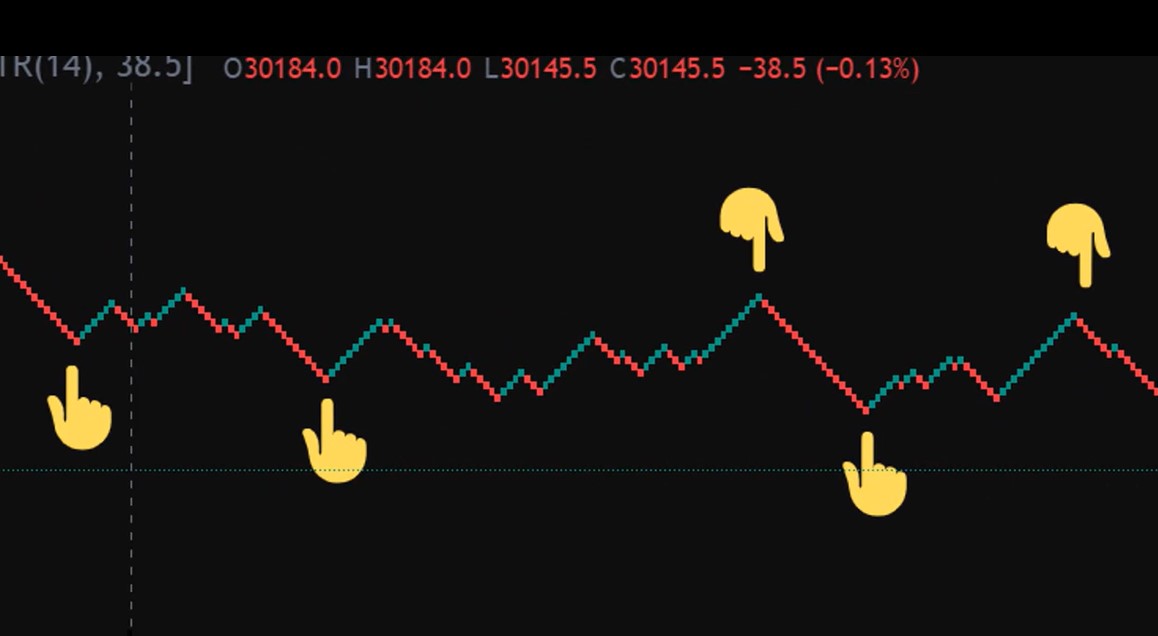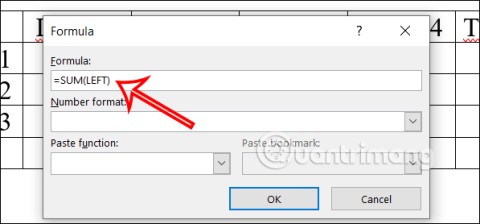Hot water is essential to modern living, serving various purposes such as bathing, cleaning, and cooking. When your hot water system malfunctions or breaks down, it can disrupt daily routines and cause inconvenience. In such situations, determining whether you need a plumber or an electrician for hot water repairs can be challenging. To make an informed decision, it's paramount to comprehend the potential issues that can arise with hot water systems and the expertise required to address them.
Issues with hot water systems and the expertise required
1. Plumber for Water Leaks and Valve Issues:
If you notice water pooling around your hot water system or suspect a leak in the pipes connected to it, a plumber is the professional you need. Plumbing experts are skilled in diagnosing and repairing water leaks, which can lead to water wastage, property damage, and increased utility bills. Leaks can occur in the hot water tank, inlet and outlet pipes, or pressure relief valves. A plumber will assess the source of the leak and implement the necessary repairs or replacements.
2. Electrician for Electrical Problems:
When your hot water system is not heating water or experiencing electrical issues, an electrician is the appropriate professional to call. Electric hot water systems use electrical components like heating elements, thermostats, and control panels to function correctly. If these components malfunction, it can result in an inadequate hot water supply or complete system failure. An electrician has the expertise to diagnose and repair electrical problems, ensuring your hot water system operates safely and efficiently.
3. Thermostat Calibration and Replacement:
Hot water temperature control is paramount for comfort and safety. The thermostat may require calibration or replacement if your hot water is consistently too hot or not hot enough. An electrician can assess the thermostat's functionality, ensuring that it accurately regulates the water temperature to your desired level. If calibration is insufficient, replacement may be necessary to stem scalding or discomfort during hot water usage.
4. Heating Element Repairs:
Electric hot water systems rely on heating elements to heat the water within the tank. Over time, these elements can wear out or develop issues, resulting in insufficient heating. An electrician can inspect the heating elements, determine if they function correctly, and replace them if necessary. Properly functioning heating elements are crucial for maintaining a consistent and reliable hot water supply.
5. Circuit and Wiring Inspections:
Electrical hot water systems are connected to your home's electrical circuitry. If you experience frequent circuit breaker tripping or electrical surges when using hot water, it may indicate a problem with the wiring or circuit connections. An electrician can inspect the circuitry, identify any faults, and make the necessary repairs to ensure the safe operation of your hot water system.
6. Pressure Relief Valve Testing and Replacement:
The pressure relief valve in a hot water system is a safety feature designed to release excess pressure to prevent tank rupture. If the valve malfunctions, it can result in dangerous pressure buildup within the tank. An experienced plumber can test the pressure relief valve for proper functioning and replace it if it is paramount to maintain the safety of your hot water system.
7. Sediment Buildup and Tank Flushing:
Over time, sediment can accumulate at the bottom of hot water tanks, reducing heating efficiency and potentially damaging the tank. Flushing the tank to terminate sediment buildup is typically performed by a plumber. It involves draining the tank, cleaning the sediment, and ensuring it functions optimally. During this process, a plumber can also inspect the tank for signs of corrosion or damage.
8. Gas Leaks and Gas Hot Water Systems:
A plumber with expertise in gas fittings and appliances is required for gas hot water systems. Contacting a licensed gas plumber is crucial if you detect a gas leak near your hot water system or suspect gas-related issues. Gas leaks pose severe safety risks, and only qualified professionals should handle gas-related repairs and installations.
9. Regular Maintenance:
Preventive maintenance is key to prolonging the lifespan of your hot water system and sidestepping costly repairs. While electricians and plumbers can perform maintenance tasks, scheduling regular inspections and maintenance with a professional specializing in hot water systems is advisable. This ensures that all aspects of your system, including electrical and plumbing components, are checked and serviced as required.
Whether you require a plumber or an electrician for hot water repairs depends on your issue with your hot water system. Plumbers are experts in addressing water leaks, valve issues, pressure relief valve testing, sediment buildup, and gas-related problems (for gas hot water systems). On the other hand, electricians are skilled in diagnosing and repairing electrical components, such as heating elements, thermostats, control panels, circuitry, and wiring. If you encounter hot water system issues, don't hesitate to confer professionals who offer comprehensive water heater repair services in Vancouver to ensure a swift and effective resolution of your problems.















